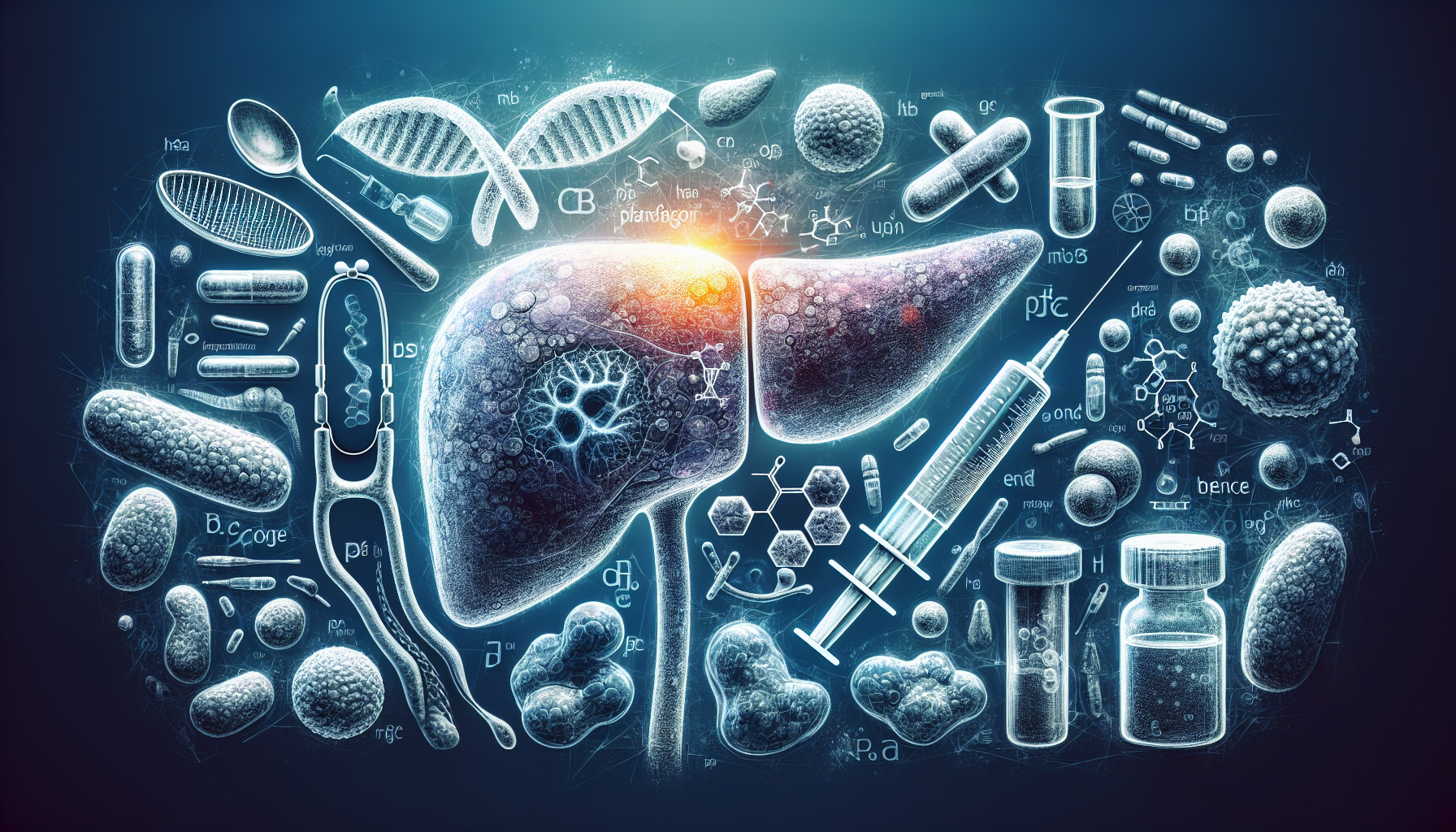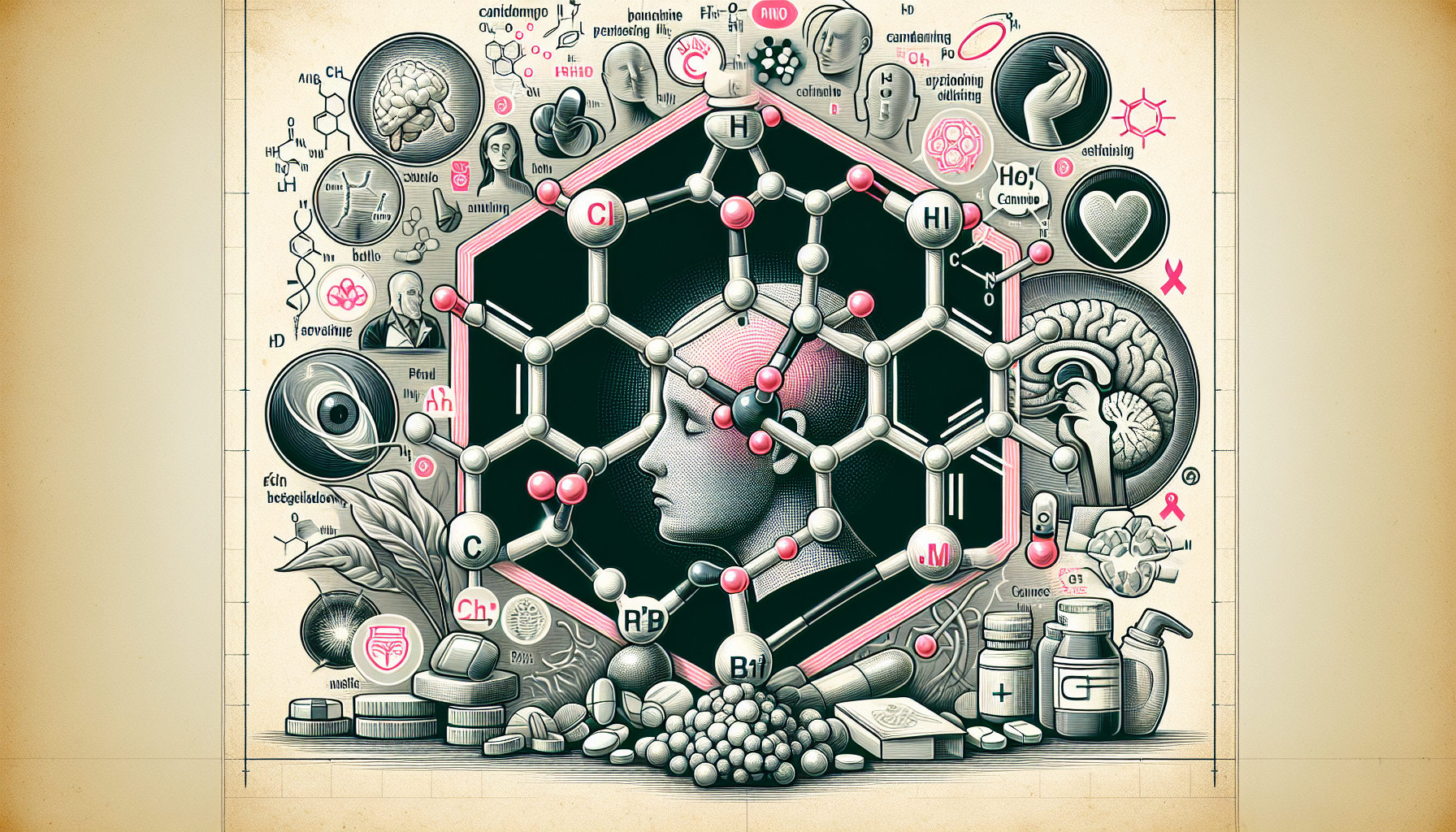New Hope for PTSD: MDMA-Assisted Therapy in the Spotlight
Key Takeaways
- PTSD is a debilitating condition affecting millions.
- Current PTSD treatments are often insufficient.
- MDMA-assisted therapy presents a promising new approach.
Did You Know?
Understanding PTSD and Its Impact
Post-Traumatic Stress Disorder (PTSD) is a severe mental health condition that occurs after someone experiences or witnesses a traumatic event. This condition affects millions of people in the U.S., with symptoms including nightmares, intrusive thoughts, and severe anxiety that can disrupt daily life.
PTSD is not limited to combat veterans. It can result from various traumatic events such as sexual violence, sudden loss of a loved one, or serious accidents. Notably, women and marginalized groups are disproportionately affected.
Current PTSD Treatments
Currently, PTSD is mainly treated through trauma-focused therapy and medications like SSRIs. However, these treatments are not effective for everyone. High dropout rates and lingering symptoms underscore the urgent need for new, effective therapies.
In fact, no new drug treatments have been approved for PTSD in over two decades, which highlights the desperation for breakthrough therapies to help individuals who are suffering.
MDMA-Assisted Therapy: An Innovative Approach
MDMA, commonly known as ecstasy, is being investigated as a potential complement to traditional therapy for PTSD. Historically, MDMA was used in psychotherapy to help patients access and process difficult emotions. However, it was classified as a Schedule I drug in 1985, limiting its use.
Recent studies have shown promising results, indicating that MDMA can reduce the brain’s fear response, thus aiding patients to work through traumatic memories more effectively during therapy sessions.
FDA Advisory Committee's Recent Decision
Lykos Therapeutics recently submitted a New Drug Application (NDA) to the FDA for MDMA-assisted therapy. Unfortunately, the FDA’s Psychopharmacologic Drugs Advisory Committee voted against approving MDMA for PTSD treatment, citing concerns about its safety and efficacy.
Despite this setback, Lykos remains committed to addressing the committee's concerns and is pushing forward to eventually secure FDA approval.
The Science Behind MDMA-Assisted Therapy
MDMA is classified as an entactogen, a substance that promotes emotional closeness and introspection. This unique property is believed to enhance the effectiveness of psychotherapy by enabling patients to confront and process their trauma without being overwhelmed.
Studies have demonstrated that MDMA-assisted therapy can significantly improve symptoms for individuals with severe PTSD, offering hope where traditional therapies have failed.
Economic and Social Implications of PTSD
PTSD has far-reaching consequences that extend beyond personal suffering. The condition is associated with higher rates of comorbidities like anxiety, depression, and cardiovascular diseases, which increase healthcare costs.
It’s estimated that PTSD costs the U.S. over $232 billion annually, emphasizing the need for more effective and accessible treatment options.
Lykos Therapeutics' Commitment
Lykos Therapeutics continues to lead the charge in psychedelic medicine. Despite the recent vote, they remain dedicated to their mission of transforming mental healthcare and bringing innovative treatments like MDMA-assisted therapy to those in need.
They express gratitude to the advocates and patients who have shared their experiences, and reaffirm their commitment to finding new solutions for mental health conditions.
References
- FDA Advisory Committeehttps://www.fda.gov/advisory-committees/psychopharmacologic-drugs-advisory-committee
- Nature Medicinehttps://www.nature.com/articles/s41591-021-01336-3
- The Mayo Clinichttps://www.mayoclinic.org/diseases-conditions/post-traumatic-stress-disorder/symptoms-causes/syc-20355967
- VA National Center for PTSDhttps://www.ptsd.va.gov/understand/common/common_adults.asp





